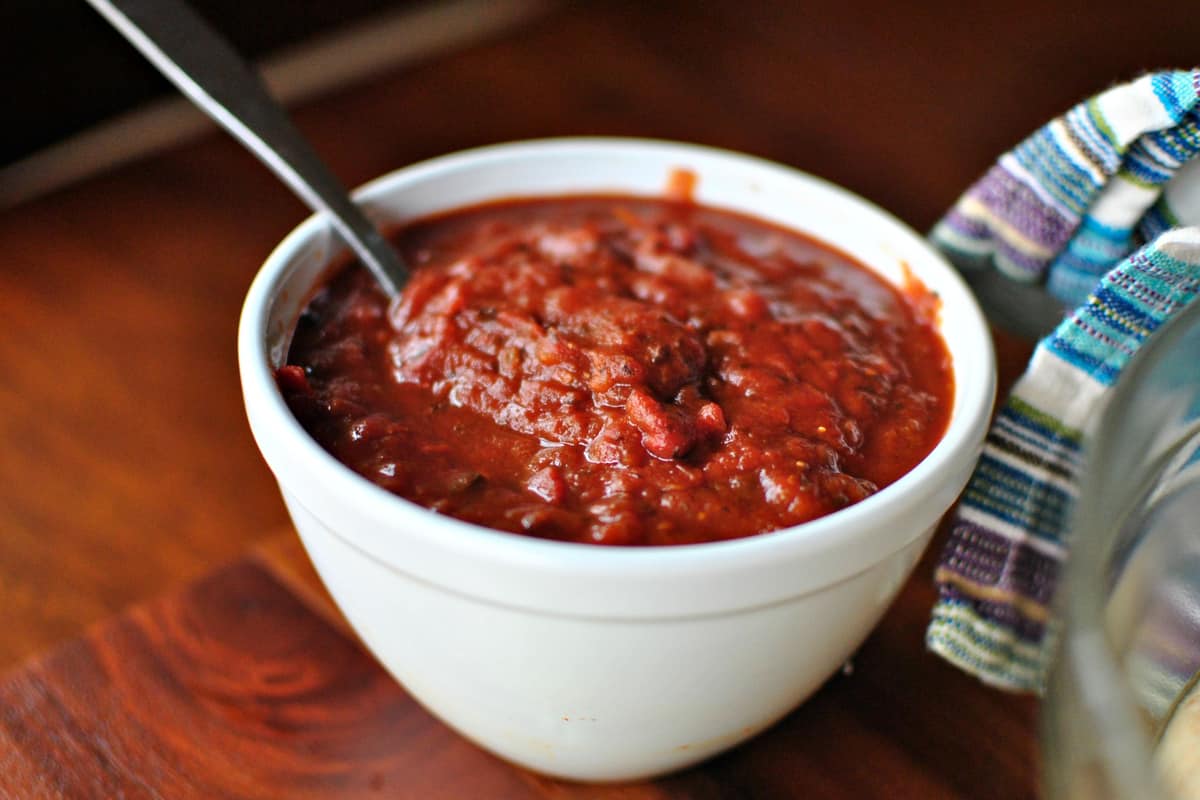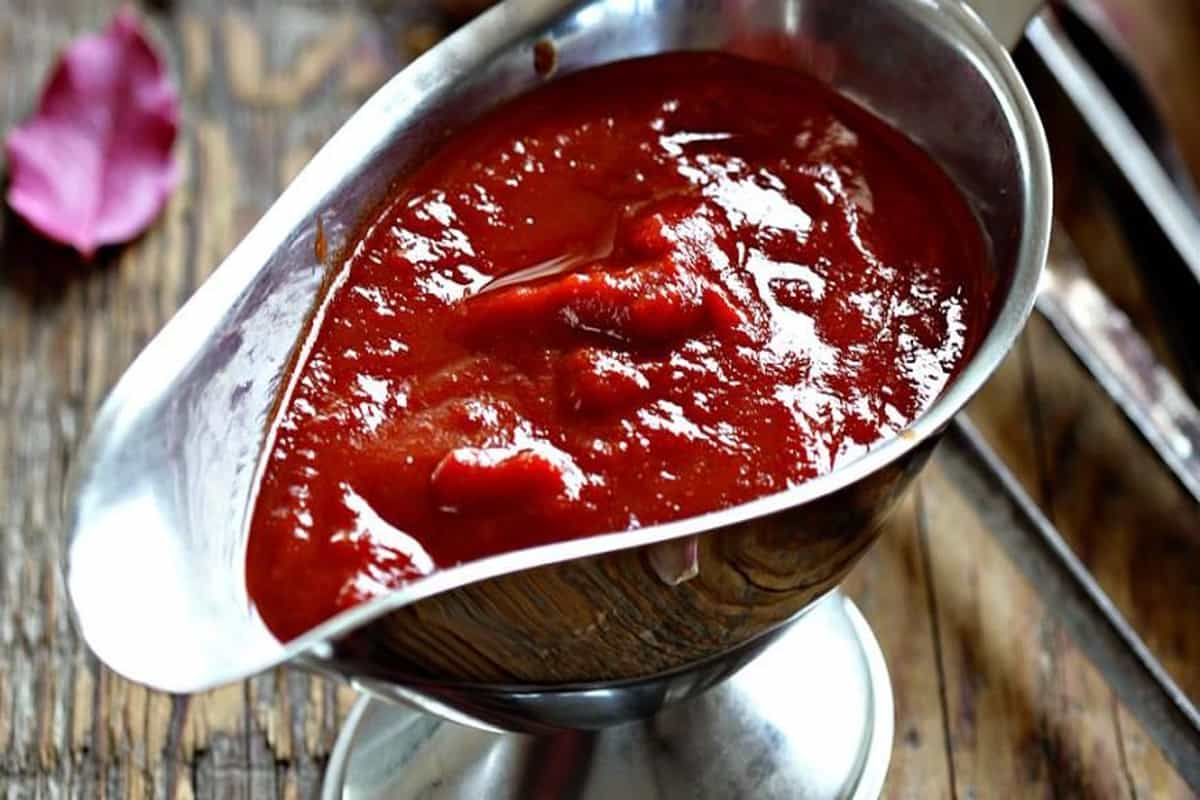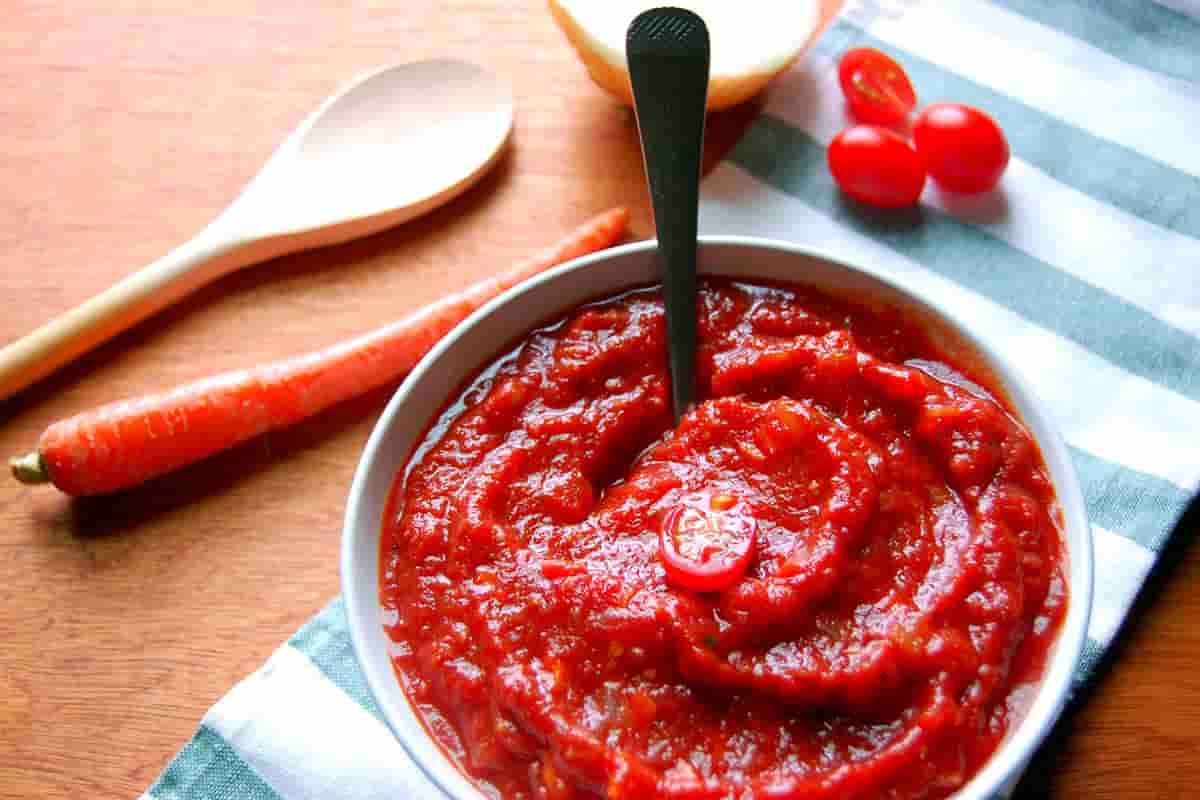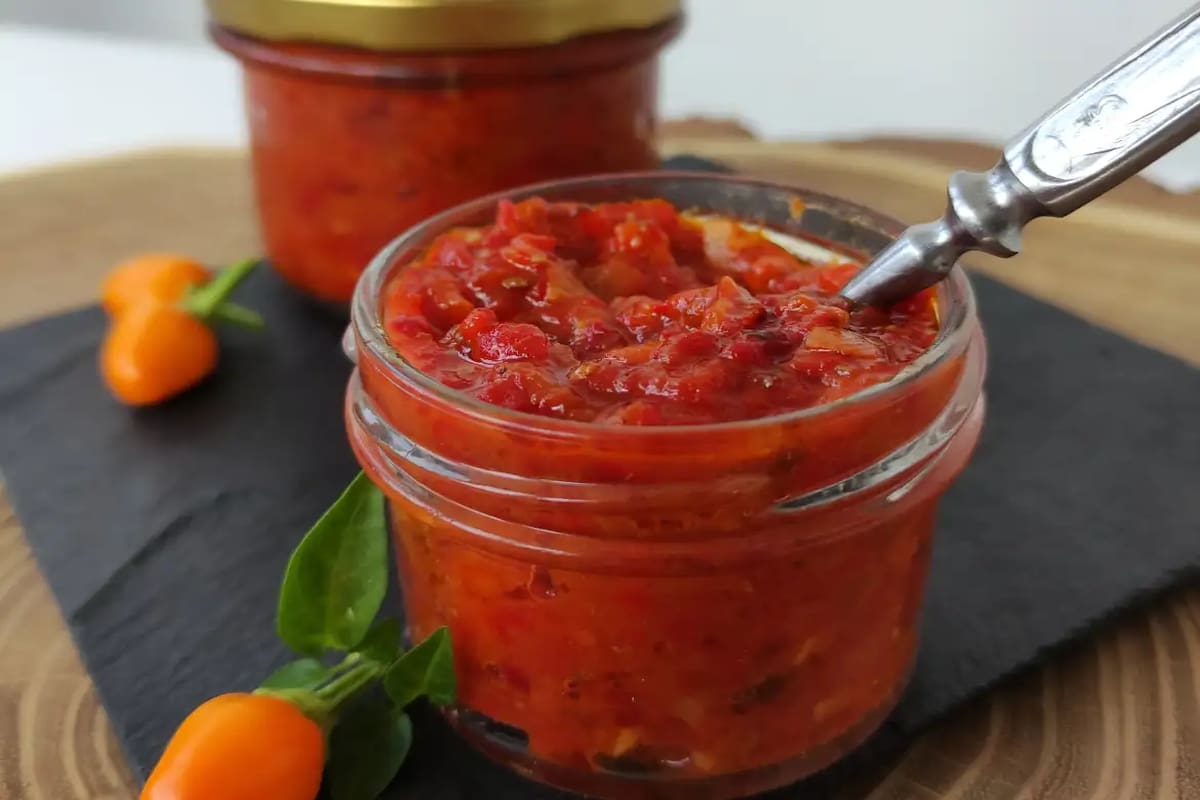Does it make a difference to you to know whether or not tomato-based products such as paste and sauce have gluten?
What about being salted or unsalted? If yes, keep reading to find out more.
Tomatoes do not contain gluten, but any product that you buy off the shelf needs to be carefully scrutinized to ensure that it has not been cross-contaminated with gluten and that it does not include any gluten ingredients.
The following article will provide an answer to the question of whether or not tomato sauce contains gluten.
Is gluten not present in tomato paste?
Tomato paste contains no gluten. Patients who suffer from celiac disease and other illnesses related to gluten should not have any problems consuming tomato paste.
Tomatoes that have been concentrated are what goes into making tomato paste. Cooking the tomatoes, removing the skins and seeds, and continuing to cook them for a few more minutes until they become a thick paste consisting solely of the deliciousness of tomatoes are all components of the recipe.

Tomato paste that is manufactured from natural components is typically gluten-free, even if it does not specifically state it on the packaging. Because many manufacturers consider the absence of gluten in tomato paste to be self-evident, they may choose not to mark their products as such.
The most reliable method to ensure that you are utilizing gluten-free tomato paste is to purchase some specifically designed for that purpose. To be considered gluten-free under the law, a product must comply with a long list of specific regulatory standards before it can bear the label “gluten-free.” When compared to tomato paste, tomato sauce typically has a lower concentration of tomato paste.
Because there is now more moisture than there was before, the flavor of the tomato is not as concentrated. Once it has been opened, a can of tomato paste in a can should only be stored in the refrigerator for between five and seven days.
Tomatoes are frequently used as a foundation for sauces in a wide variety of regional and international cuisines. You can offer it as a condiment beside your chips, or you can use it to spice up some puree that you will serve over your beef or pasta.
It’s possible to mean a few different things when we talk about tomato sauce. It could signify the sauce that we like to dip our chips into, or it could refer to the thick base that is used for pasta or any other food, whether it is cooked or uncooked.
The good news is that rather than having to go through the trouble of making tomato sauce in the kitchen, one simply needs to go to the shop and get tomato sauce in either a jar or a can.
But does gluten not exist in tomato sauce? There is both good news and bad news to share at this time. The good news is that it is possible to make gluten-free versions of any type of tomato sauce, and the vast majority of commercially available tomato sauces do use gluten-free components.

The unfavorable news is that a large number of brands use additives, which can include things like preservatives, flavorings, colorants, and thickeners, among other things. Additionally, these may have gluten.
In addition to this, there is always the risk of contamination from other sources. It is therefore not safe to grab it on the assumption that it does not contain gluten simply because it is a tomato sauce.
Instead, have a look at the list of ingredients. It would be beneficial if you also looked for a label that said “gluten-free.”
Is gluten to be found in tomato sauce?
The term “tomato sauce” can be used to refer to any condiment, sauce, or gravy that is made with tomatoes as the primary ingredient. It is known by a wide variety of names, and people have many diverse conceptions of what it is.
You may answer that it depends on where you are and the circumstances at the time. The variants that are similar to gravy that is provided as a component of a dish, such as the pasta sauce or the chicken on the side, are also served as a condiment, much like ketchup or even salsa!
The majority of us have a jar of marinara or a bottle of ketchup in our kitchens at all times. To tell you the truth, there is no doubt that tomatoes can alter the flavor of the food, give the gravy more body, and bring about a balance of flavors with their acidity.
The robust flavor of tomatoes, the texture of the flesh, and the amount of water all contribute, in concert, to the creation of a dish that is consistently delicious.
There is a wide selection of ready-made tomato sauces available in a variety of flavors. If you are in the United States and you ask for tomato sauce, you will receive one of the two varieties of tomato sauce.

You can obtain a sauce that has aromatics, olive oil, garlic, and other ingredients, and it can be heated up and served with your dish of pasta or gravy. OR you might purchase tomato concentrate that contains only a trace amount of herbs and salt and is ready to be combined with other ingredients.
These tomato sauces, fortunately, do not require any components containing gluten. Even while some brands utilize thickeners, the most common one is maize starch, which means that a person who is gluten intolerant does not have to worry about having an allergic response if they consume these products.
Having said that, it is necessary to use caution about additives. There is a wide variety of flavors and styles of tomato sauce. Additives are responsible for both the flavor and the consistency of tomato sauces and ready-to-eat gravies such as marinara sauce and ragu. These tomato sauces include low amounts of spice and seasoning.
A wide variety of flavoring and texturizing agents, thickeners, preservatives, and other ingredients are mixed in by a variety of companies, each in its unique proportions and combinations. Additionally, many of these substances may include gluten.




